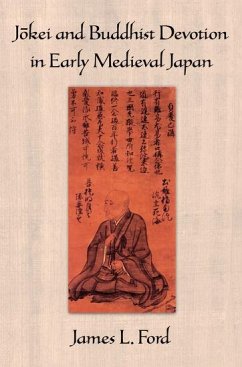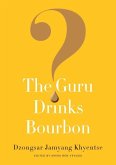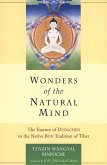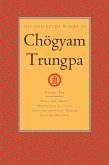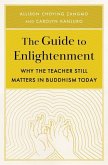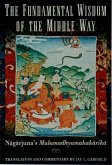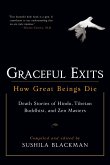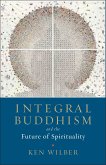This is the first book-length study in any language of Jokei (1155-1213), a prominent Buddhist cleric of the Hosso (Yogacara) school, whose life bridged the momentous transition from Heian (794-1185) to Kamakura (1185-1333) Japan, the dawn of the medieval era. While Jokei is invariably cited as one of the leading representatives of established Buddhism during the Kamakura period, he has been seriously neglected by Western scholars. This book brings to light this pivotal and long-overlooked figure. Ford also argues convincingly that Jokei is an ideal personage through which to peer anew into the socio-religious dynamics of early medieval Japan. Through a detailed examination of Jokei's extensive writings and activities, Ford challenges many received interpretations of Jokei's legacy and the significance of early medieval Buddhism in Japan.
Hinweis: Dieser Artikel kann nur an eine deutsche Lieferadresse ausgeliefert werden.
Hinweis: Dieser Artikel kann nur an eine deutsche Lieferadresse ausgeliefert werden.

